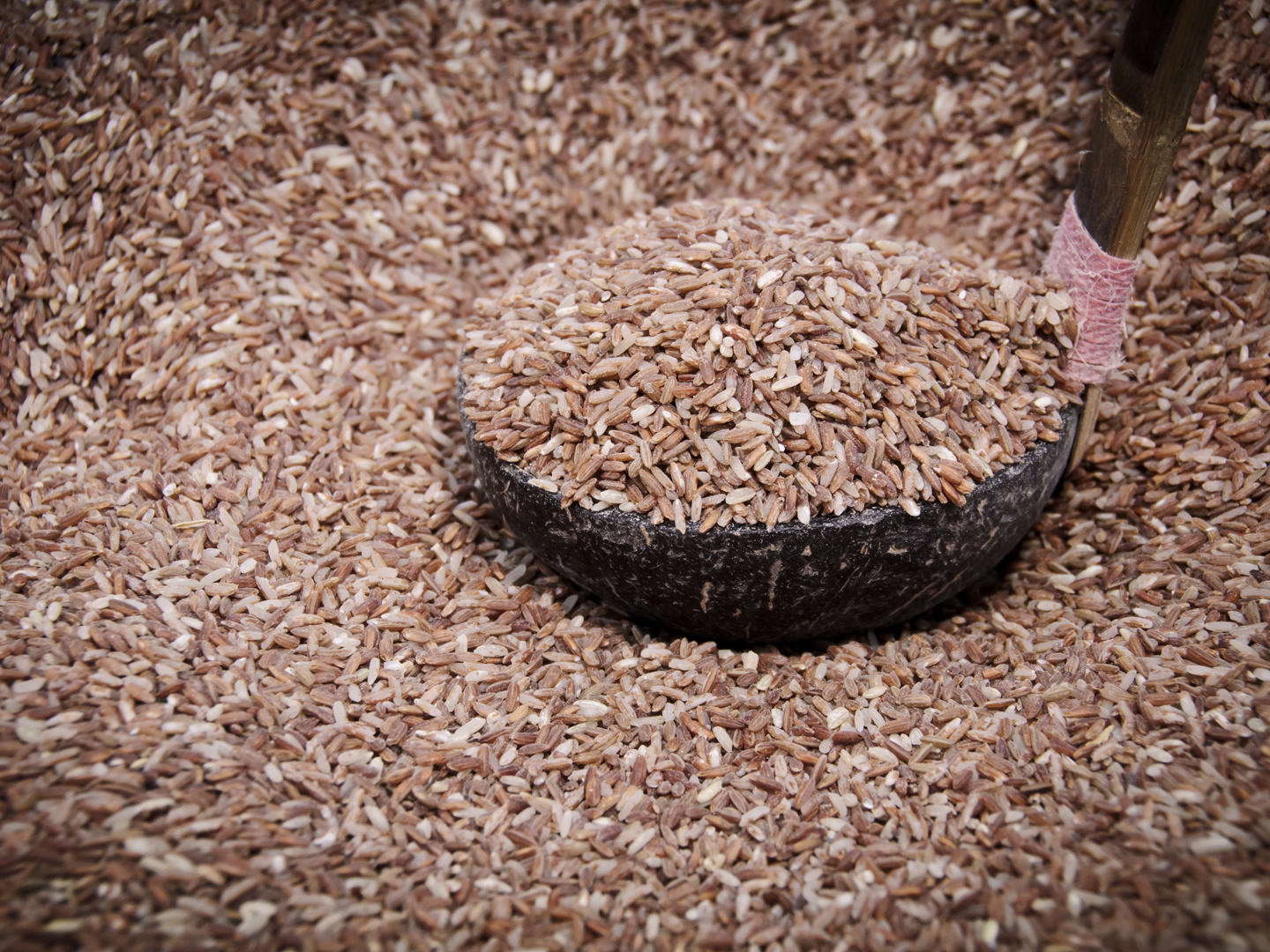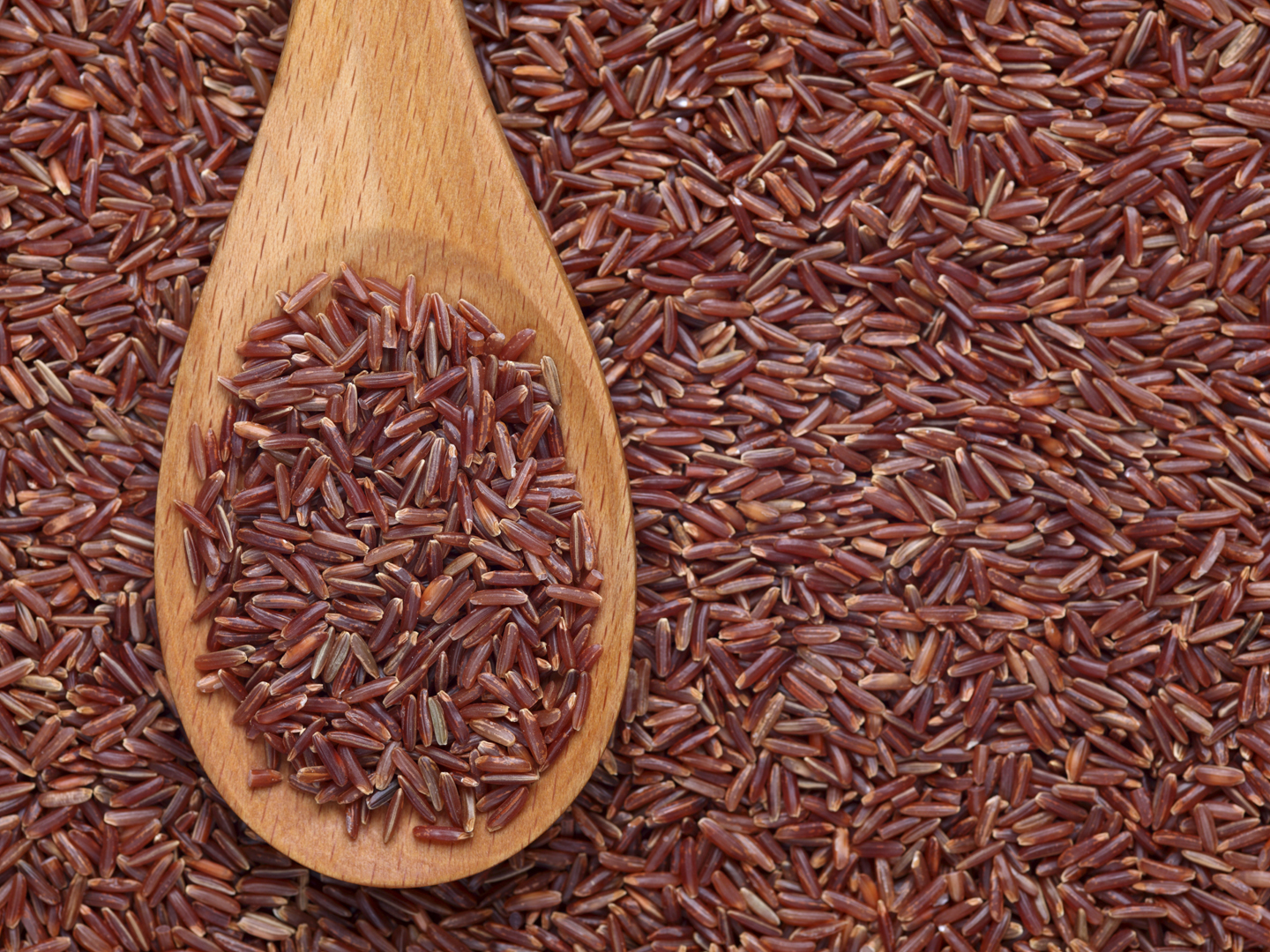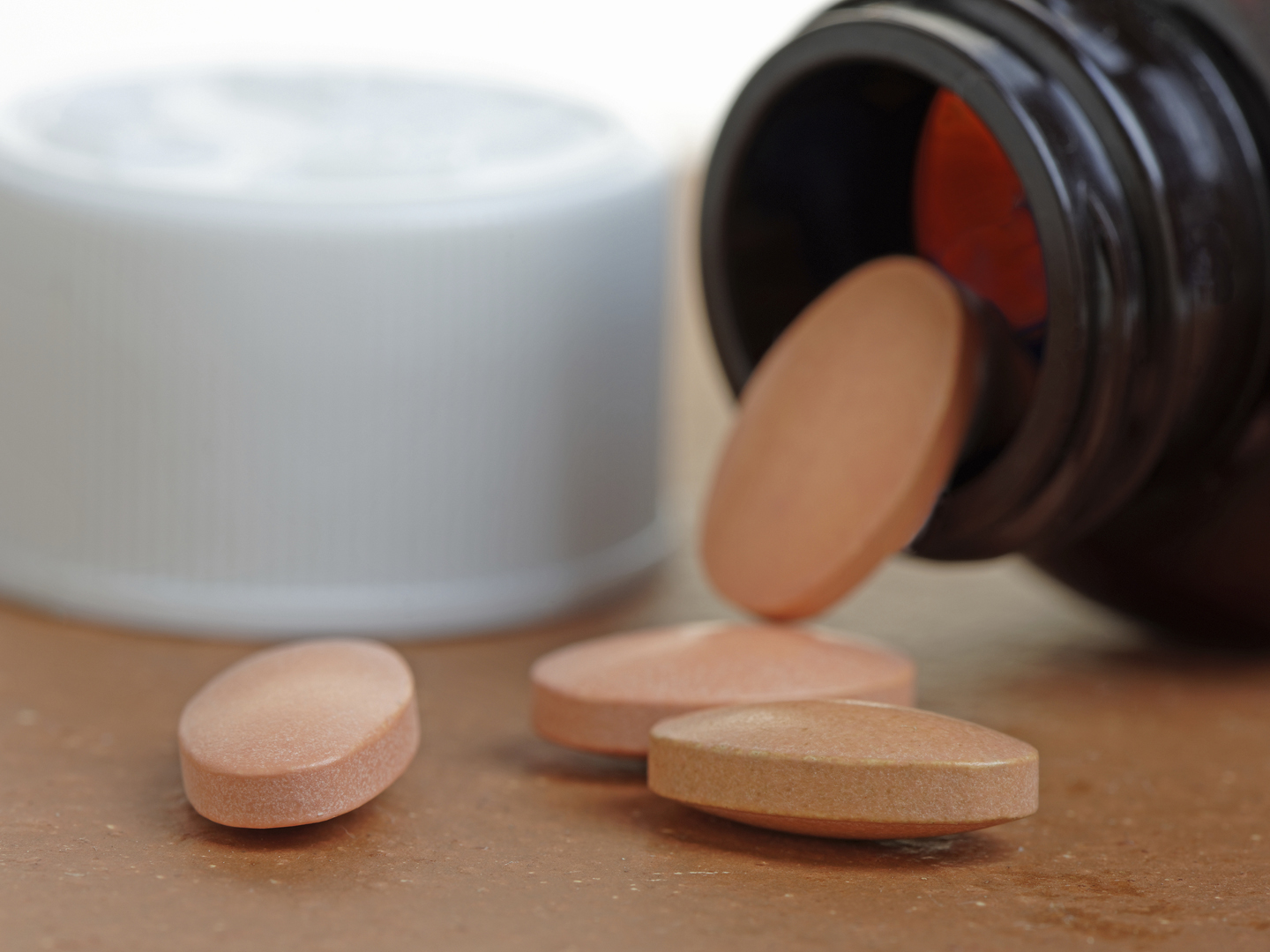Red Yeast Rice For Cholesterol Control?
How long should someone take red yeast rice extract? It has helped lower my cholesterol, but I don’t know how long I have to take it and this information isn’t on the label.
Andrew Weil, M.D. | January 22, 2009

Of all the natural supplements available to help lower cholesterol, red yeast rice extracts are by far the most effective. Red yeast rice (Monascus purpureus) is a source of naturally occurring statins, the same class of prescription drugs used to lower and control cholesterol. Because red rice yeast extract delivers a mix of those compounds rather than a single type of molecule, it is much less likely to cause the side effects that sometimes occur with the pharmaceutical versions.
If you need to lower your cholesterol, you’ll have to continue taking red rice yeast extract indefinitely. You’ll also need to have your cholesterol and triglyceride levels monitored periodically by your physician and, if necessary, adjust your dosage. The same would be true if you were taking statins – in order to lower your cholesterol and maintain it at healthier levels, you must continue taking the supplement or drug that works for you indefinitely. You should also know that these drugs inhibit the body’s natural synthesis of coenzyme Q10 (CoQ10), which is needed for optimum heart health and general health, so whether you take red rice yeast extract or statins, be sure to take 90 – 120 mg of CoQ10 every day.
In addition to taking red yeast rice extract, I also recommend the following measures to help keep cholesterol under control:
- Follow my anti-inflammatory diet.
- Be sure to get at least 30 minutes a day of aerobic exercise.
- Keep your saturated fat intake low: no more than five percent of daily caloric intake.
- Increase omega-3 fatty acids, especially from fish.
- Minimize consumption of quick-digesting (high glycemic load) carbohydrates.
- Increase consumption of soluble fiber, such as oat bran.
- Eat garlic, hot red pepper (chili), and shiitake mushrooms frequently.
- Drink green tea regularly.
Andrew Weil, M.D.











